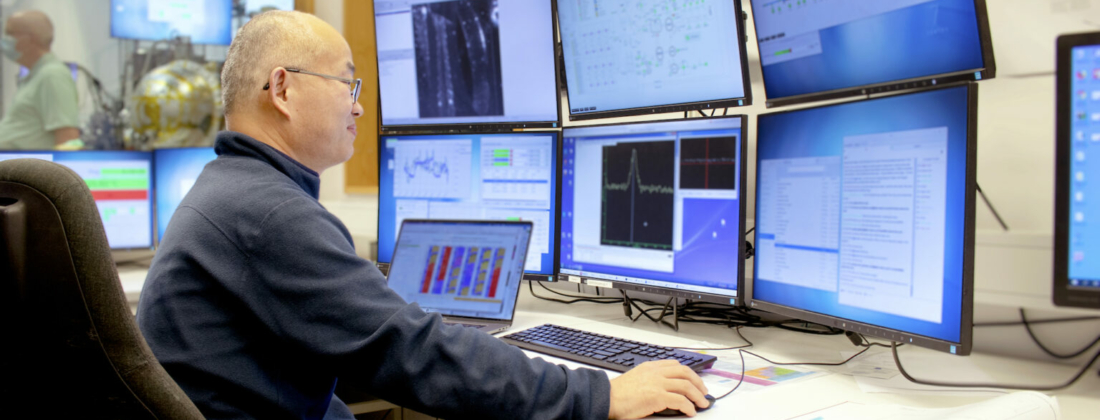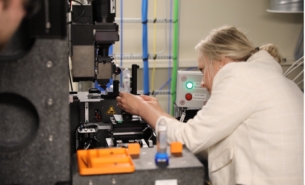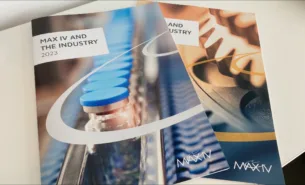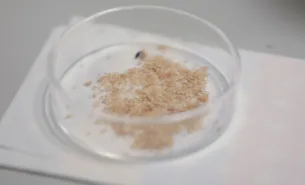How can tomorrow’s solar cells become even more energy efficient? This is what pioneering company Epishine is currently investigating at the MAX IV beamline HIPPIE.
Swedish cleantech company Epishine’s patented manufacturing process for producing thin, flexible organic solar cells with printing techniques have resulted in industry-leading products with low-light cells for indoor use. Now, the company is investigating ways to optimise their polymer solar cells.
Together with a research team from Linköping University, Epishine is currently conducting an experiment at MAX IV to examine how the light cells’ chemical and electronic structure is affected by exposure to oxygen, water, and different environments.
Improving the development of hole transport layers in solar cells
“We want to see the vertical distribution of additives in the hole transport layers before and after thermal stress – whether it is evenly or unevenly distributed. We sent in a sample to MAX IV remotely before the experiment, and now we are looking at the work function of a sample that has been exposed to air during a couple of months,” explains Mats Fahlman, professor at Linköping University, who is supervising the scientific team at MAX IV.
“We are looking deep inside the different layers, both the active layer that absorbs and converts the light to electric energy, and the interlayers,” says scientist Xianjie Liu.
The results will indicate how the solar cells can be altered to generate more effect from the same surface, which would mean more efficient, sustainable, and cost-effective products.
“It would be of great business value for us to be able to improve the hole transport layers and product performance to get more electricity out of the cells and see how we can prolong the product lifespan. It supports our long-term business vision to be able to offer the world’s most resource-efficient and affordable solar cell,” says Jonas Bergqvist, co-founder and CTO at Epishine.
The experiment is funded by Vinnova as part of the investment to make large-scale research infrastructure more accessible to small- and medium enterprises.
Are you also interested in doing industrial research at MAX IV? Don’t hesitate to contact our Industrial Relations Office. Feel free to be inspired by what other industrial companies have researched – have a look at our cases.
Related links




